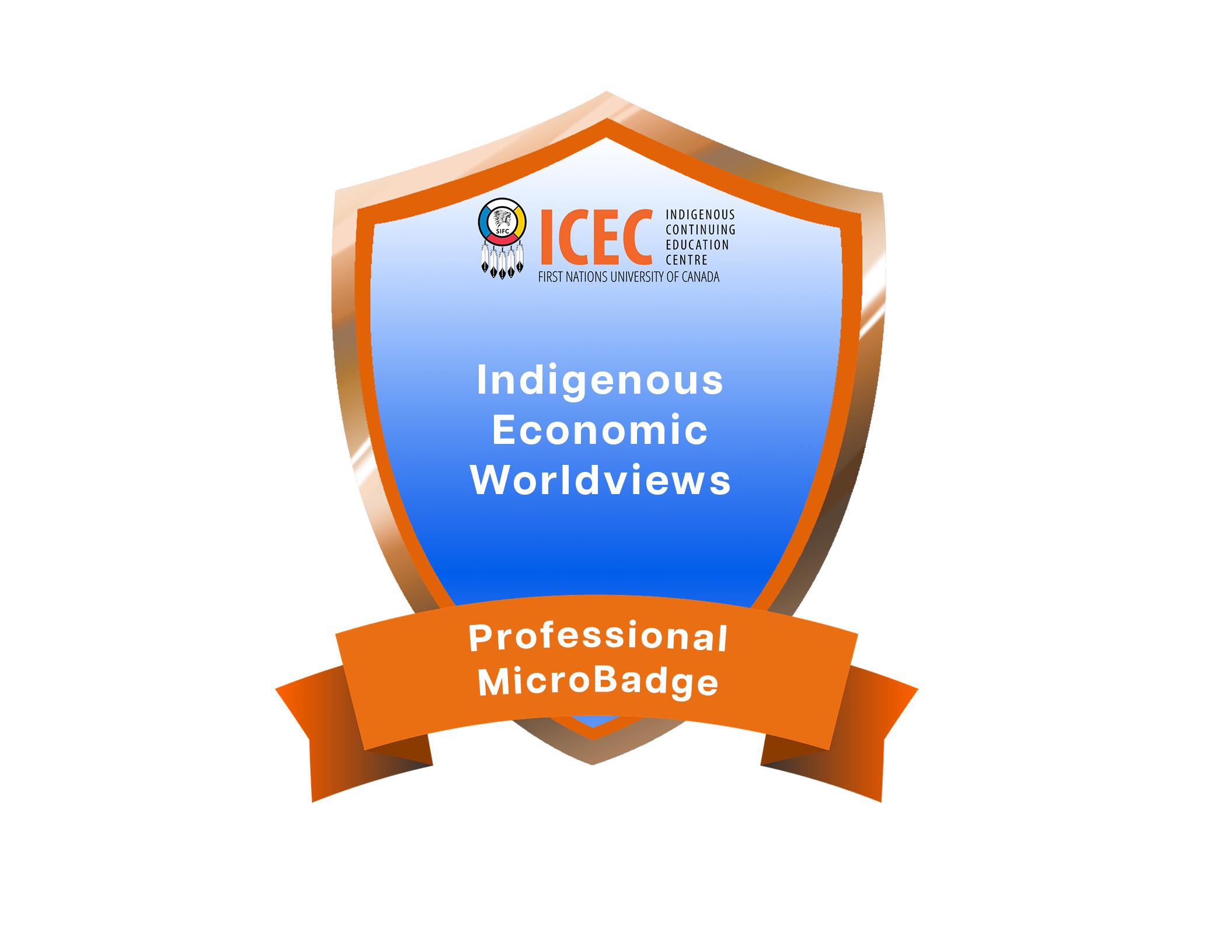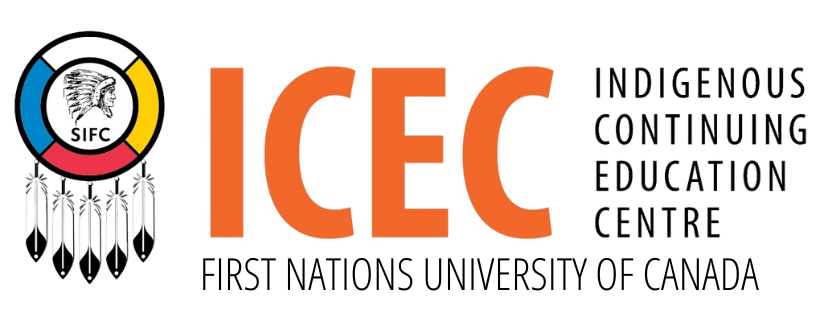ICR001 - Indigenous Economic Worldviews
Course Description

This course explores the pre-colonial economic worldview practices and principles of Indigenous societies that fostered economic sustainability for thousands of years. Disrupted by colonization, Indigenous peoples' economies, survival, and livelihood were at a turning point. Learners will gain insights into the challenges that Indigenous people encounter while trying to maintain a sustainable economy and lifestyle.
This course will foster insight into the economic perseverance of Indigenous peoples who have been and are working to successfully merge into the Canadian economy. The course is designed to assist learners in gaining an understanding of colonial impacts on Indigenous peoples and their economies, both past and present.
TRC Calls to Action
Business and Reconciliation #92
 This course responds to Call to Action #92 by improving understanding of Indigenous economic worldviews and reconciliation frameworks. This course also responds to the following Calls to Action: Education #7, Canadian Governments and the United Nations Declaration on the Rights of Indigenous People #43 and #44, and Training for Public Servants #57.
This course responds to Call to Action #92 by improving understanding of Indigenous economic worldviews and reconciliation frameworks. This course also responds to the following Calls to Action: Education #7, Canadian Governments and the United Nations Declaration on the Rights of Indigenous People #43 and #44, and Training for Public Servants #57.
Learning Outcomes
Learners will gain the knowledge, skills, and awareness to:
- Explain Indigenous economic worldviews, specifically in relation to the values of reciprocity, relationality, and responsibility.
- Identify key foundations of Indigenous economies.
- Recognize how individual and societal economic well-being is impacted by the depth of loss caused by colonization.
- Cultivate an awareness of local First Nations’ perspectives and approaches to healthy economic relationships and activities.
- Discover the impact of economic reconciliation today.
Skills & Competencies
- Analytical thinking
- Historical understandings
- Historical analysis
- Knowledge application
Summary
-
Number of hours: 5 hours total

-
Assessment: Themes 1 to 6 include knowledge check questions that require learners to achieve a grade of 70% or higher to move on to the next section. At the end of the course, learners will need to pass the final assessment with a grade of 70% or higher to pass this course. Each quiz, including the final assessment, allows multiple attempts. As part of this course, in Theme 7: Moving Forward with Intention, learners are required to prepare an Economic Reconciliation Action Plan for personal and professional purposes. We encourage learners to commit to taking action by sharing their personal action plan with someone they trust and, second, sharing their professional action plan with their organization or business. Finally, we provide learners with a Companion Workbook to support their learning experience. Learners will be prompted to respond to self-reflection questions and record their responses in the workbook throughout the course. This workbook is for the learners alone and the learners are not required to share their reflections.
-
Previous education required: None; this course does not have a required prerequisite.
-
Delivery: Online, self-paced
-
Completion timeline: Within two years from the term in which you begin the program.
FAQs
Is this course for everyone?
- Yes, this course is relevant to all people from all walks of life. The learners' life experiences will influence how they experience the course.
Some individuals and organizations may be GST-exempt.
- First Nations University of Canada is situated on the Star Blanket First Nation and is exempt from Provincial Sales Tax (PST). If you or your organization are exempt from Government Sales Tax (GST), please contact icec@firstnationsuniversity.ca to ensure that your invoice is prepared accordingly.
I need financial support. What funding options does ICEC recommend?
- Check out our Funding Opportunities here.
Who do I contact if I need help?
- Check out the ICEC Learner Support page to see if your question is answered in the FAQs. If your question remains unresolved, feel free to complete the form with your question, or you may contact icec@firstnationsuniversity.ca for assistance with any questions you may have. We are here to help! Support requests are received during regular office hours. Please expect a response within 24-48 hours.
